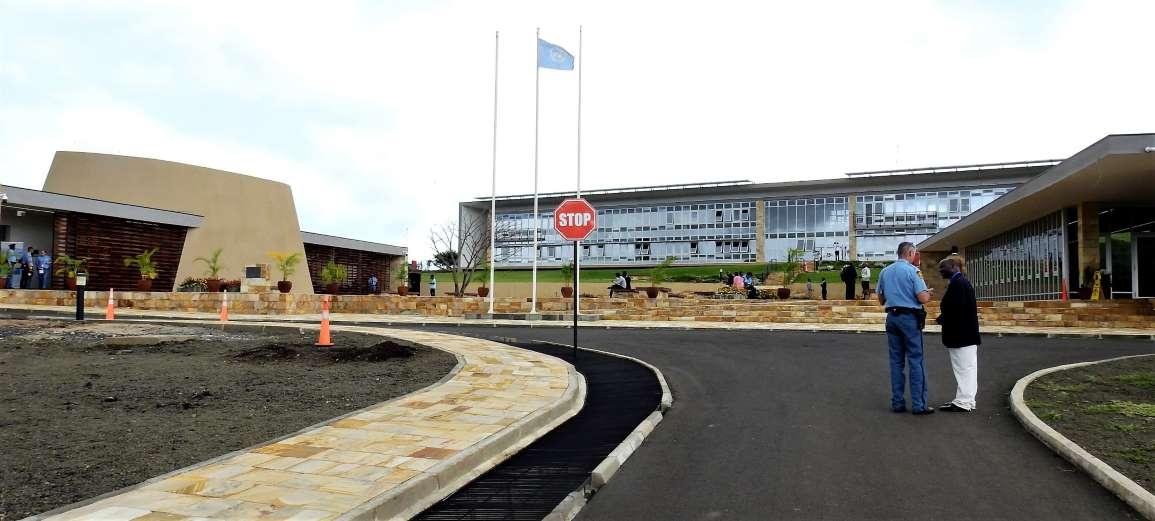Africa-Press – Tanzania. THE Arusha based International Residual Mechanism for Criminal Tribunals (Mechanism) has informed the United Nations Security Council that in the last two years, the office has accounted for half of the fugitives who remained at large.
This was said by Prosecutor of the International Residual Mechanism for Criminal Tribunals (Mechanism) Serge Brammertz on Tuesday, when he addressed the United Nations Security Council about the work of the Office of the Prosecutor (OTP).
He updated the Security Council on the search for the remaining fugitives indicted by the International Criminal Tribunal for Rwanda (ICTR). Prosecutor Brammertz said, “I am very pleased to be able to inform you that in the last two years, my office has accounted for half of the fugitives who remained at large following the closure of the ICTR. This includes all three of the so-called major fugitives,” namely Félicien Kabuga, Augustin Bizimana and Protais Mpiranya.
He further noted that are now only four fugitives were remaining, including the top priority fugitive, Fulgence Kayishema.
In this regard, the prosecutor informed the Security Council that “after several challenging years, progress is now being made with the Republic of South Africa” and that the OTP is “confident that with the full and effective cooperation of South Africa, Kayishema’s flight from justice will soon be brought to an end.”
He informed the Security Council that, in light of the progress achieved; the OTP’s goal is to account for all four outstanding fugitives within the next two years. Turning to the remaining trial and appeals prosecuted at the Mechanism, Prosecutor Brammertz noted that the OTP is ready for the commencement of the Kabuga trial, and had taken steps to substantially reduce the length of the trial by submitting much of its evidence in writing.
He further noted that the appeal judgment in the Fatuma et al. case is scheduled to be delivered at the end of the month, while the OTP is actively preparing for the oral appeal arguments in Stanišić and Simatović.
With respect to national prosecutions of crimes committed during the 1994 Genocide against the Tutsi and the conflicts in the former Yugoslavia, Prosecutor Brammertz reminded the Security Council that there are still thousands of cases that need to be completed in national courts.
He explained that continued assistance from the OTP “is essential to completing this work”, which is reflected in the large number of requests for assistance from national prosecutors to the OTP.
Regarding the former Yugoslavia, the Prosecutor highlighted that “the most significant issue remains regional judicial cooperation.”
He noted that while there are positive developments in cooperation between prosecutors in Bosnia and Herzegovina and Serbia, “both countries are experiencing severe difficulties obtaining cooperation from Croatia,” with requests for assistance in more than eighty cases unanswered, some for as long as seven years.
Prosecutor Brammertz expressed the OTP’s thanks to President Carmel Agius for his leadership during his Presidency, and reaffirmed the crucial importance of the Security Council’s support to enable the OTP to complete its mandate.
For More News And Analysis About Tanzania Follow Africa-Press







